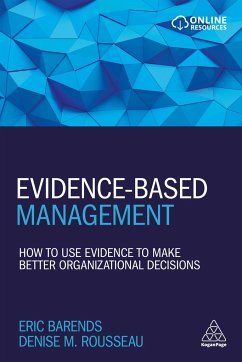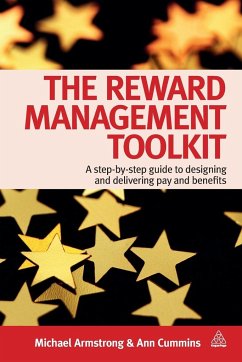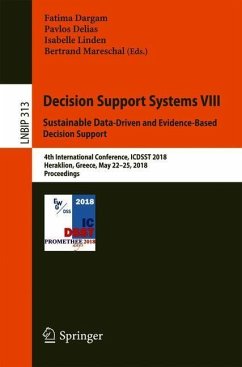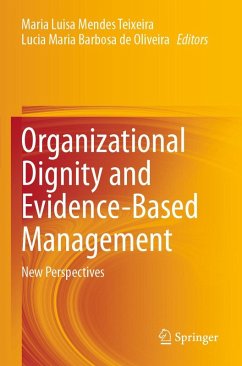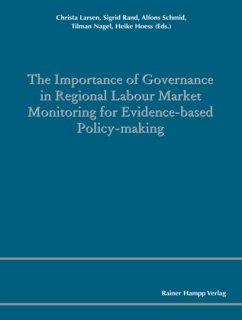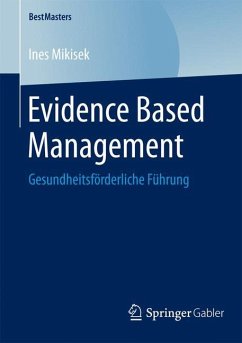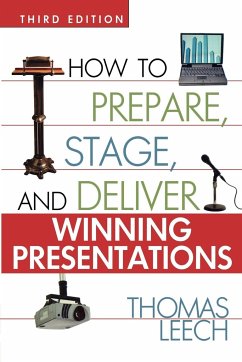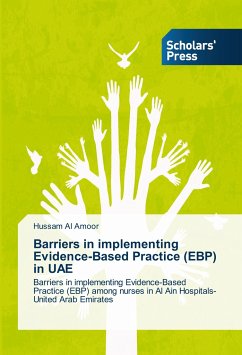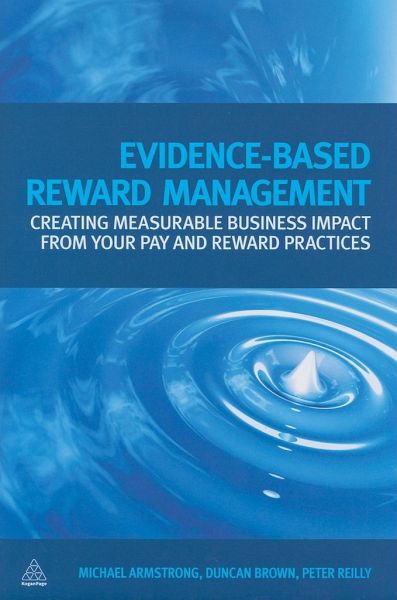
Evidence-Based Reward Management
Creating Measurable Business Impact from Your Pay and Reward Practices

PAYBACK Punkte
33 °P sammeln!
Evidence-Based Reward Management presents an analysis of the current failure of organisations to assess the effectiveness of pay and reward practices. It considers the reasons for this and outlines the damaging consequences of it. By examining recent developments in human capital information and measurement it looks at how HR can construct effective reward for improved performance, both for the individual and organization. The authors present the tools and techniques which can be applied to practice evidence-based reward management including a 4 step model, which sets strategic goals, reviews ...
Evidence-Based Reward Management presents an analysis of the current failure of organisations to assess the effectiveness of pay and reward practices. It considers the reasons for this and outlines the damaging consequences of it. By examining recent developments in human capital information and measurement it looks at how HR can construct effective reward for improved performance, both for the individual and organization. The authors present the tools and techniques which can be applied to practice evidence-based reward management including a 4 step model, which sets strategic goals, reviews current policies, looks at how to pilot and make changes and improvements and explains how to monitor and adapt on an ongoing basis.





